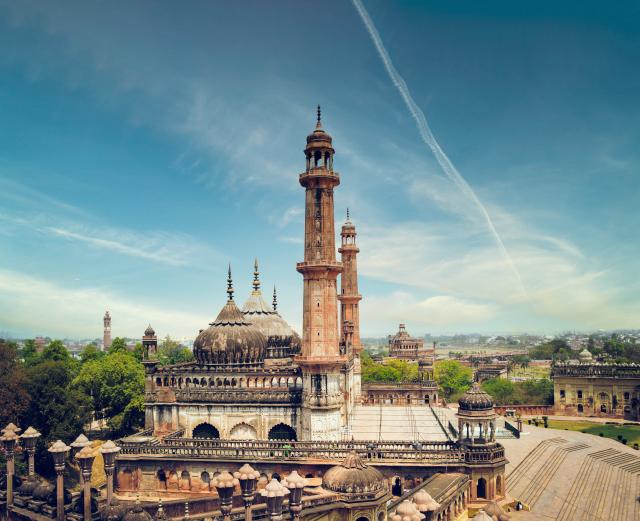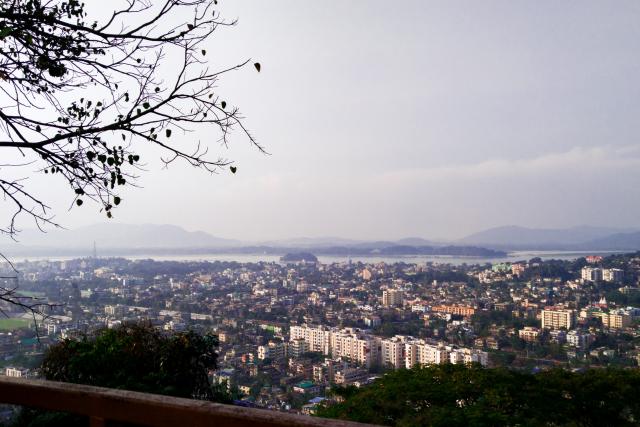Lucknow is the city capital of the Uttar Pradesh state in Northern India.
Climate
With a predominantly sub-tropical monsoon climate, Lucknow has cool dry winters (December – February) with temperatures ranging between 8 and 20 degrees Celcius. Summers (April-June) are however hot with temperatures as high as 45 degrees Celcius and prolonged heat waves[1]. With temperatures expected to rise by the end of this century, climate change will cause increased heat stress and more frequent severe heat waves and pose a considerable threat to human health.
Vector borne diseases
Simultaneously vector borne diseases such as Dengue, Malaria and Chikungunya have strong prevalence in Uttar Pradesh. Already now Lucknow is highly vulnerable to such diseases, while climate change will further render conditions for mosquitos to breed more favorable[2].
Urban planning
Since the late 20th century the population in Lucknow has grown dramatically, making it the most populous city in the state of Uttar Pradesh[3]. This growing population consequently causes an increase in exposure to the harmful impacts of climate-change on health. Based on risk mapping of vector-borne diseases and the location of potential hot spots for heat stress, which are provided in the climate-health information platform, adequate urban planning will aid in combatting the detrimental impact of climate-change in Lucknow.


